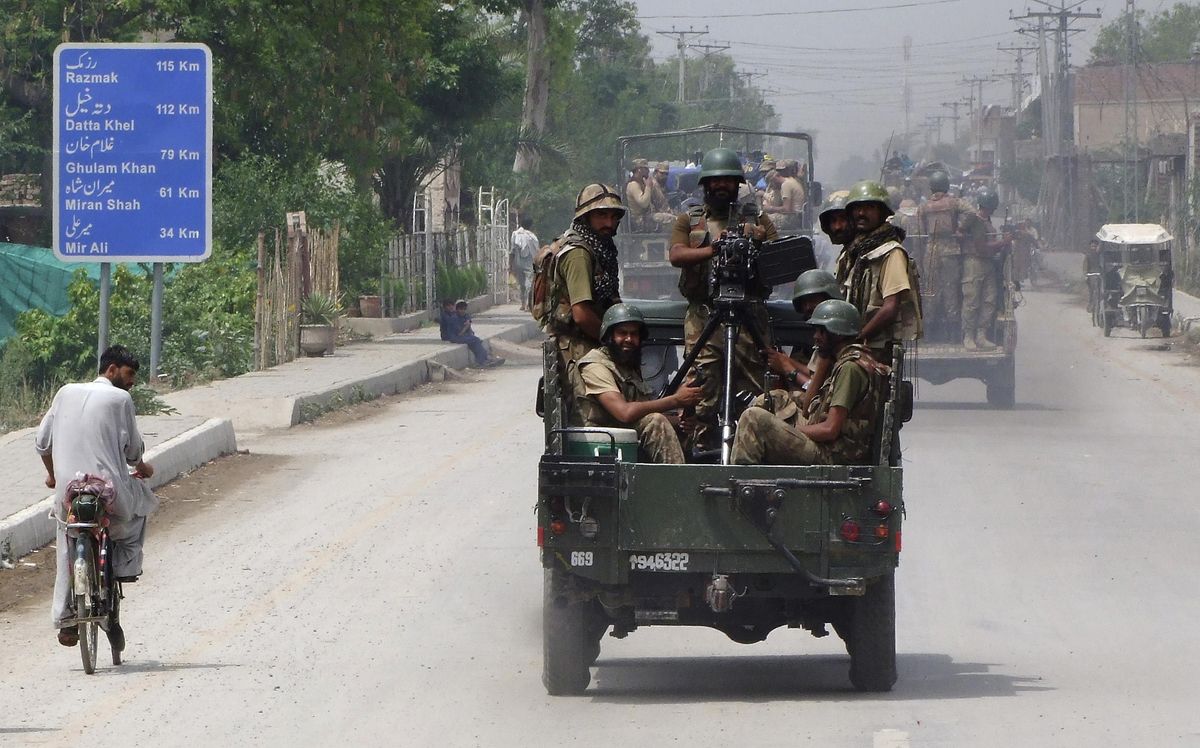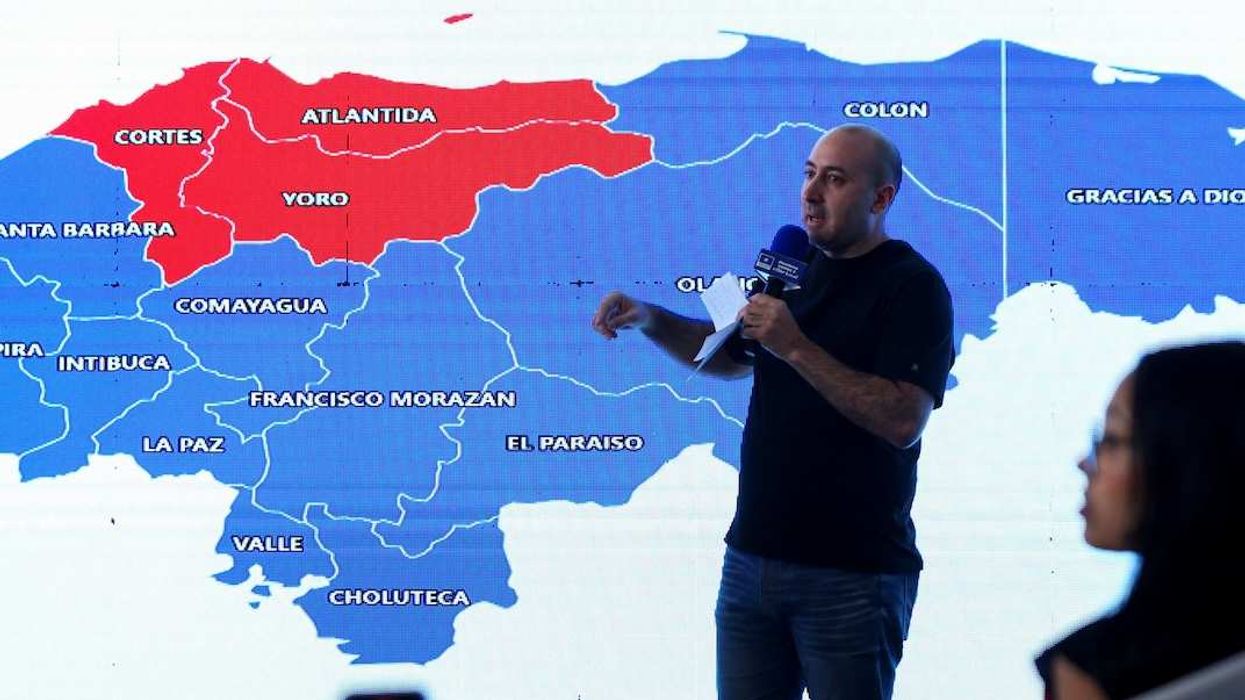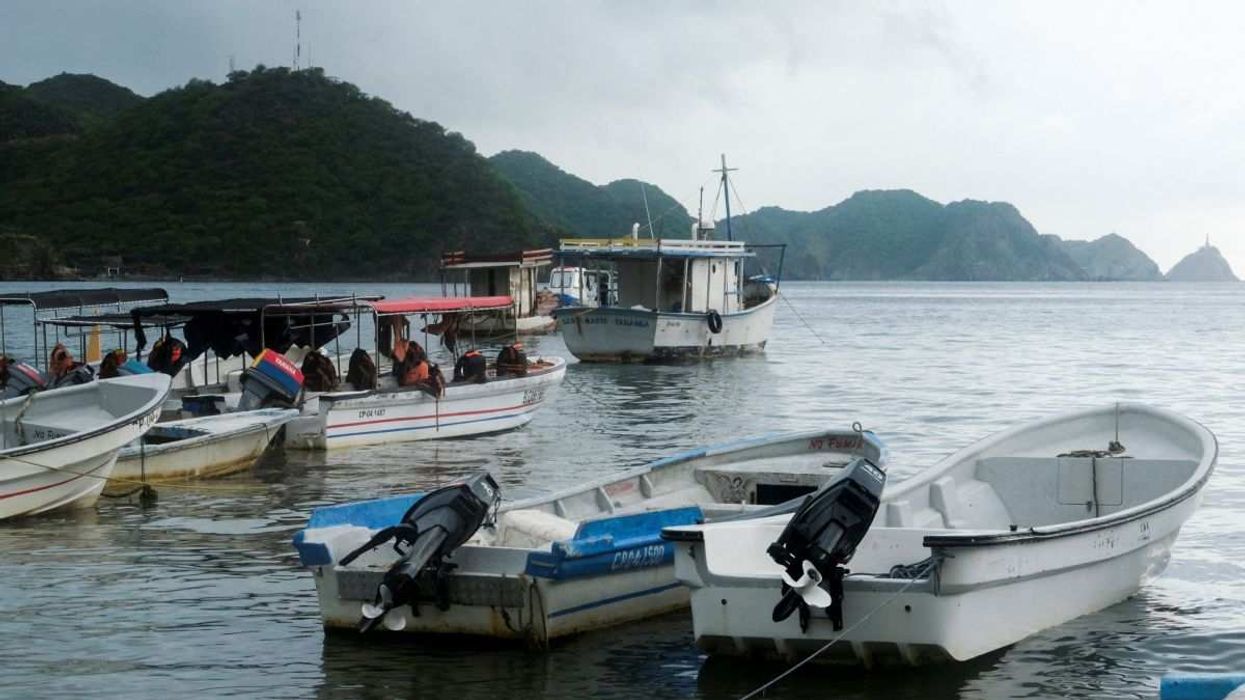Afghanistan and Pakistan are on the brink of direct conflict.
Terror attacks from the Pakistani Taliban — aka the Tehreek-e-Taliban Pakistan or the TTP, who are ideologically affiliated with and politically backed by the Afghan Taliban — are increasing across Pakistan. In the last two weeks, Pakistani intelligence operatives have been gunned down in the country’s biggest province, and a detention facility has been overtaken and officials held hostage.
To defend itself, Islamabad has hinted that it might attack TTP hideouts in Afghanistan … with Washington’s blessing.
Indeed, in a rare show of direct support for Islamabad, the US publicly backed Pakistan’s position. What does this mean, and what might happen next?
Violence is escalating. There has been an uptick in terrorist attacks in Pakistan since the Taliban decided to release many TTP members from prison upon returning to power in Afghanistan in August 2021.
Many of those insurgents have since pivoted to Pakistan or staged attacks against the country from launchpads in Afghanistan. While much of the fighting has been limited to the border, the last few weeks have seen brazen attacks in Pakistan’s heartland, including a suicide bombing in the capital.
Pakistan-Taliban tensions have been compounded by increased US-Pakistan cooperation. While the Americans have no boots on the ground in Afghanistan, they have been conducting over-the-horizon counterterrorist operations in the country, most notably killing former al-Qaida chief, Ayman al-Zawahri in Aug. 2022 (it is believed that Pakistani help was vital for that operation).
The top US military commander in the region recently spent three days in Pakistan, discussing enhancing counter-terrorism cooperation as well as touring the violent border area. America may have left the region, but it’s still watching this part of the world — and despite its pro-China leaning, Pakistan seems willing to play partner again.
“The stakes are high for Washington,” says Michael Kugelman, deputy director of the Asia Program at the Wilson Center. “Its interests are best served by an Afghanistan that doesn’t house domestic, regional, or international terrorists. The US and Pakistan are both threatened by terrorists on Afghan soil that the Taliban are unable or unwilling to curb.”
While Pakistan damaged its relationship with Washington by supporting segments of the Taliban for much of the 20 years of the US occupation of Afghanistan, it broke 75 years of precedent by conducting air strikes inside Afghanistan last April against what it claimed were TTP safe havens.
The responses from Kabul and Washington showed where they stand now vis-à-vis Islamabad. While the Taliban threatened Pakistan with retaliation if Afghanistan’s sovereignty was breached again, they continued to harbor TTP elements. Meanwhile, considering those strikes were conducted with US-supplied F-16 fighter jets, the Pentagon announced an aircraft upgrade for Pakistan over the protests of India, Pakistan’s archrival and Washington’s strategic partner.
“The US, to the extent that Afghanistan figures in its policy considerations, looks at Afghanistan through the lens of counterterrorism,” says Kugelman. “So this all means the US would want to see a Pakistani counterterrorist mission succeed.”
But this time, the US isn’t going all in when it comes to fighting terrorism in Afghanistan. So far, assistance to Islamabad has been limited, and Kugelman predicts that further assistance to Pakistan for a potential counterterrorism mission will likely be modest. He assesses that some intelligence sharing and public messages of support should be expected, but not much beyond that.
However, Pakistan’s security is only deteriorating. The weekend saw thousands protest for better policing in Pakistan’s terror-struck town of Wana, near the Afghan border. Moreover, Pakistan’s military, police, and civilians haven’t just been attacked at home, but also targeted in Afghanistan.
There’s a larger problem, too: Pakistan is dead broke. Nearing default, the country isn’t in a position to launch a large-scale military campaign or even carry out an extensive counterterrorist mission at home. If pushed into war, it will need help to finance such an operation, too. Kugelman thinks that it’s more likely to get that from Beijing or the Gulf states than from Washington.
“Let’s be clear: The US has left Afghanistan. Its foreign policy interests and strategic priorities lie elsewhere,” says Kugelman.
Although Washington worries about what the local offshoot of the Taliban might do to Pakistan — a nation that US President Joe Biden has called one of the “most dangerous” in the world — it does not consider it a direct threat for America. Not yet, anyway.
The upshot: Yes, the TTP is a problem. But for the most part, it’s a Pakistani problem.


















